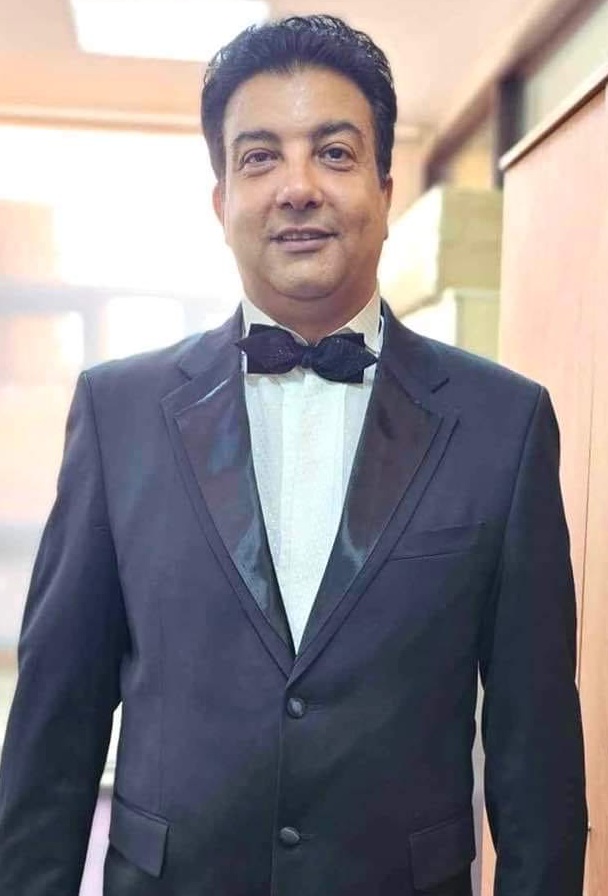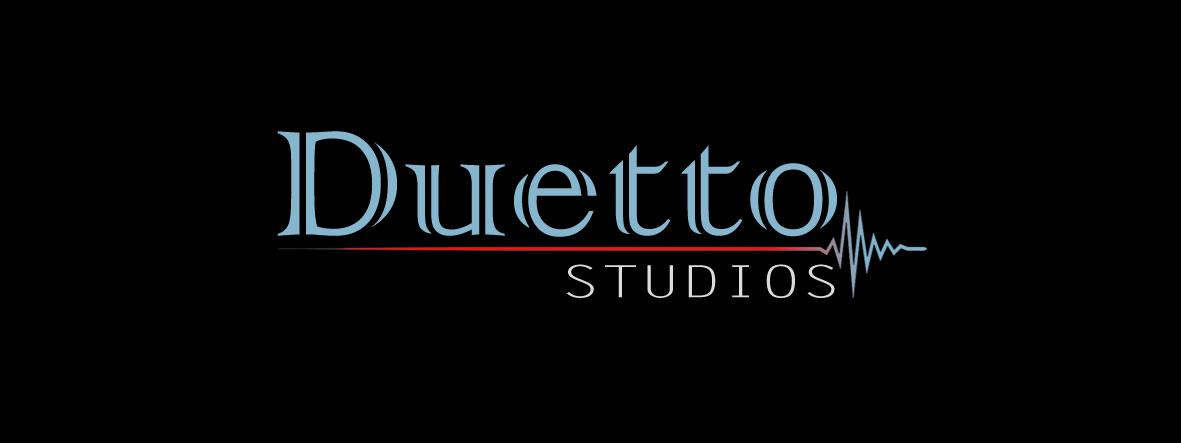Walid Youssef
Script Writer
Award-Winning Egyptian Playwright :
Egyptian playwright and author with numerous accolades throughout his career. In 1991, he received the Soad Al-Sabah Prize in Theater for his play “The King Died” and the Suzanne Mubarak Prize in Children’s Literature for his novel “The Egyptian Pharaoh.” His play “Case 94” earned him the Arab Theatrical Creativity Oscar in 1994, and he later won the Supreme Council of Culture Prize in 1997 for “Citizen Mehri.” Youssef was honored with the Egyptian Writers Union Prize in 2003 for “Don’t Love Koshash” and was named Best Egyptian Playwright at the National Theater Festival in 2019. His television work has also been widely recognized, including a Golden Award at the Radio and Television Festival 2003 for the “Farah Farah” riddles, directed by Mohamed Khan and starring Ghada Abdel Razek.
Published Works :
He has authored eight books featuring a collection of long and short comedy play scripts and monodramas, showcasing his versatility and talent in drama and comedy.
Cinema Scriptwriter :
made significant contributions to Egyptian cinema, beginning with his 2000 film “Why Did You Make Me Love You?” which starred Karim Abdel Aziz, Ahmed Helmy, and Mona Zaki, and was directed by Sandra Nashaat. He also wrote several other popular films, including “Ahwak,” starring Tamer Hosny and Mahmoud Hemida; “One Day,” featuring Mahmoud Hemida, Lotfy Labib, and Ahmed Hatem; “Under the Table,” starring Mohamed Saad, Hassan Hosny, and Nermeen El-Feky; and “You Light Up Egypt,” which starred Bayoumi Fouad, Mohamed Tharwat, and Hesham Ismail.
TV Drama :
Walid Youssef has made a substantial impact in television drama, producing five children’s series for ART and Cairo Sound Company between 1995 and 2003. He has also authored over ten notable television series, including “Bread and Salt” (1998) with Ahmed El-Sakka and Rania Youssef, “Al-Daly” starring Nour El-Sherif, and “Son of El-Randaly” featuring Yehia El-Fakharany. His other works include “Not a Thousand and One Nights” with Ashraf Abdel Baky, “Mustafa Mahmoud” starring Khaled El-Nabawy, and the upcoming “Emotional Disorder” with Elham Shaheen. Additionally, he wrote “Two Faces” starring Karim Abdel Aziz and Hussein Fahmy, and “The Spy,” a three-part series featuring Karim Abdel Aziz and Sherif Mounir.
Theater Direction :
Walid Youssef has an extensive background in theater direction, having directed several notable plays over the years. In 2001, he directed “Strange” in Jeddah, Saudi Arabia, starring Montasser Bellah and Saudi star Loay Mohamed Hamza, based on his script. The following year, he directed the children’s play “Peace Be Upon You, Biso,” featuring Younes Shalaby and Talaat Zakaria. His directorial work continued with “The Magic Bottle” in 2005, starring Ahmed Rateb, Hadi El-Gayar, and Miyar El-Beblawi. In 1997, his play “If Busy, Call Me on Mobile” was performed by the private sector, starring Magid El-Masry, Nahla Salama, and Al-Shahat Mabrouk. His script “Afraid to Say What’s in My Heart” was brought to life in 2003 by the Comedy Theater Company, directed by Ashraf Zaki and starring Ali El-Haggar, Rogina, and Youssef Dawood. He also penned “What Happened in the Land of Happiness,” produced by the Egyptian National Theater, and “Ramadan’s Family,” which starred Mohamed Ramadan and Rogina, directed by Khaled Galal, and performed at the Pyramid Theater for three years starting in 2016. In 2022, he directed “The Big Night,” starring Nicole Saba, Mahmoud Abdelmoghny, Taha Desouky, and Abdelrahman Tota, as part of the Riyadh Season, directed by Batoul Arafa.
Jury Membership & Workshops :
Walid Youssef has contributed significantly to the arts as a jury member for the Egyptian National Theater Festival in 2021 and has been involved in various theatrical and cinematic festivals. He has also served on the Supreme Committee of the Egyptian National Theater Festival. Additionally, Youssef has conducted numerous writing workshops at festivals in Dakhla, Laayoune (Morocco), and Saudi Arabia, sharing his expertise and fostering new talent in the field.

